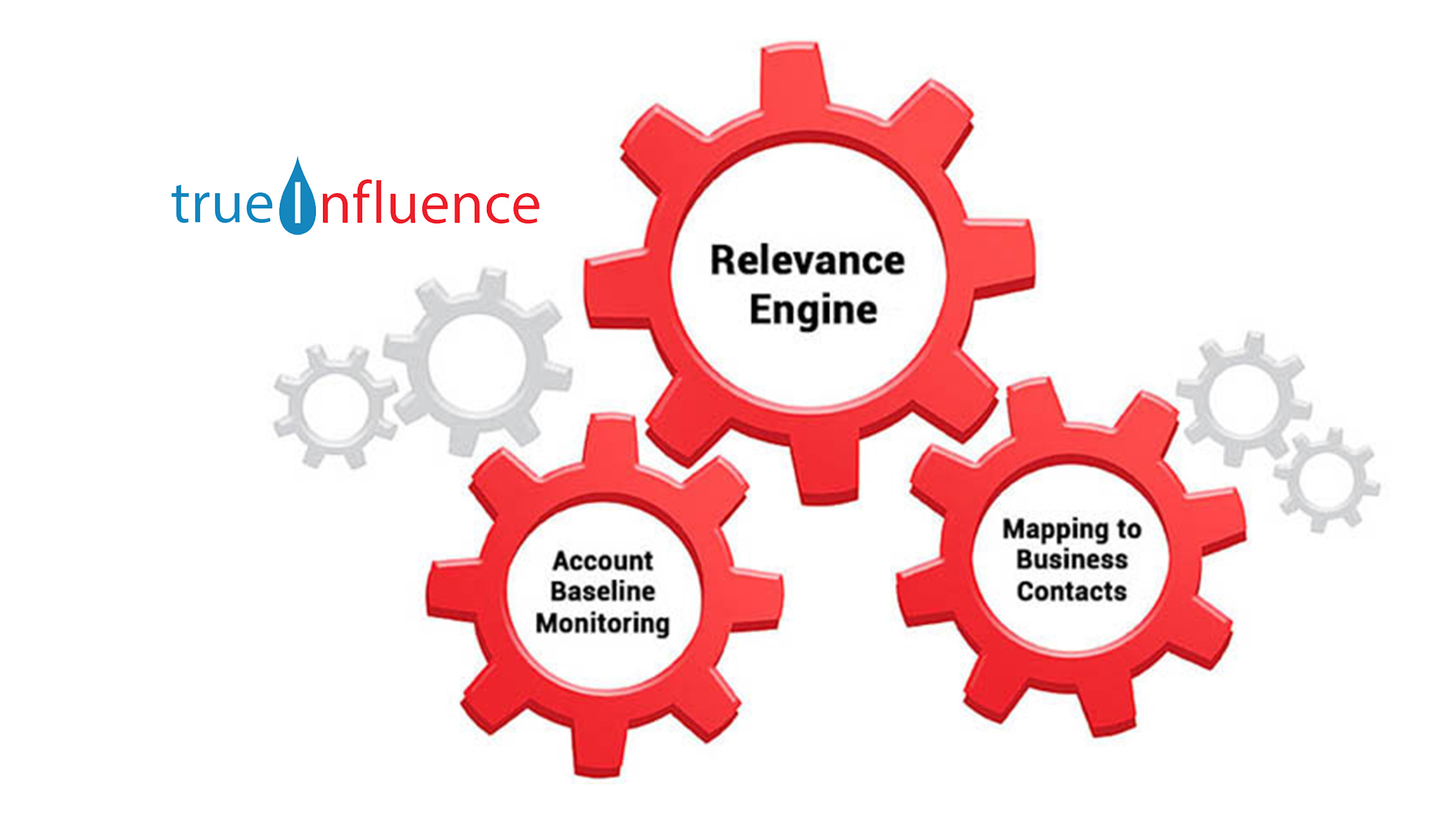Adobe’s Survey Showcased, Why DMP Is a Technology That’s Here to Stay
 Modern Marketers can’t imagine going about their daily activities without Data Management Platforms (DMP). DMPs allowed marketers to effectively channelize their marketing efforts to be, timely, accurate, and intelligible while guaranteeing customer experience. DMP showcased why it is a technology that’s here to stay. Despite only being less than a decade old, it has become the main factor that decides whether your campaign will succeed or your competitors. Using DMPs has enabled marketers to understand their audiences better, which let them tweaks their campaigns and maximize ROI.
Modern Marketers can’t imagine going about their daily activities without Data Management Platforms (DMP). DMPs allowed marketers to effectively channelize their marketing efforts to be, timely, accurate, and intelligible while guaranteeing customer experience. DMP showcased why it is a technology that’s here to stay. Despite only being less than a decade old, it has become the main factor that decides whether your campaign will succeed or your competitors. Using DMPs has enabled marketers to understand their audiences better, which let them tweaks their campaigns and maximize ROI.
Also Read: Media Is Hard and We Suck at It; And, How to Be Better in 2018
Adobe conducted a survey that encompassed 500 US marketing and IT professionals to understand the intersection of DMPs with the customer experience and the impact it has on their journey.
Key findings include:
- Experience-based DMPs are the future: More than 2/3 of survey respondents note that DMPs that lead with experiences are most valuable, vs. one focused solely on media. Additionally, 77% believe that an experience-based DMP is important to their organization’s success.
- Providing a best-of-class DMP experience is crucial, and many may be rethinking their strategy – likely due to first-generation DMP shortcomings: More than half (51%) of those surveyed who currently leverage a DMP, note they are likely to switch DMPs in the next two years; employees who work in the IT field are most likely (61%) to make the change. Additionally, 71% of organizations expect their audience management budget to increase.
- Managing a DMP in-house is still standard; CDP’s following suit: While there’s been much debate over the role of agencies in adding value to data management given their media expertise, 50% of those surveyed note they manage a DMP in-house, while 25% leverage an agency. Customer Data Platforms, gaining traction and media notoriety in recent months, seem to be taking on a similar pattern, as 39% of respondents claim to manage their CDP in-house, with 22% say an agency owns CDP management.
- IT teams are taking ownership over DMPs: Nearly half (47%) of survey respondents note that the IT team owns and manages (or will own/manage) the DMP for their brand. Those at organizations with an annual revenue on the high-end (over $250 million) skew more towards IT managing their DMP – 56% vs. 39%. However, successful DMP practices require cross-functional collaboration. Not surprisingly, the teams most involved with DMP strategy include IT, analytics, media and CRM.
- Data management is the new data science: The need for DMP skills will be in demand over the next 5 years as 79% of respondents note that DMP skills will be essential for any digital marketing in the future and that DMP skills will rise in the next half-decade.

“While the DMP market isn’t new, we’ve noticed an incredible growth pattern and shift in the marketplace in the last few years. The DMP has evolved from a nice-to-have to a must-have, for any brand looking to create a compelling customer experience. We have great insight internally into who is driving disruption leveraging the DMP, what strategy is most efficient and effective as well as what the future looks like – but we wanted to get an outside perspective on what really matters to those brands, that understand the importance of investing in a DMP,” said Ali Bohra, the director of strategy and product marketing with Adobe Audience Manager, who was quoted by Forbes.
Recommended Read: TechBytes with Jeff Allen, Senior Director, Product Marketing, Adobe











